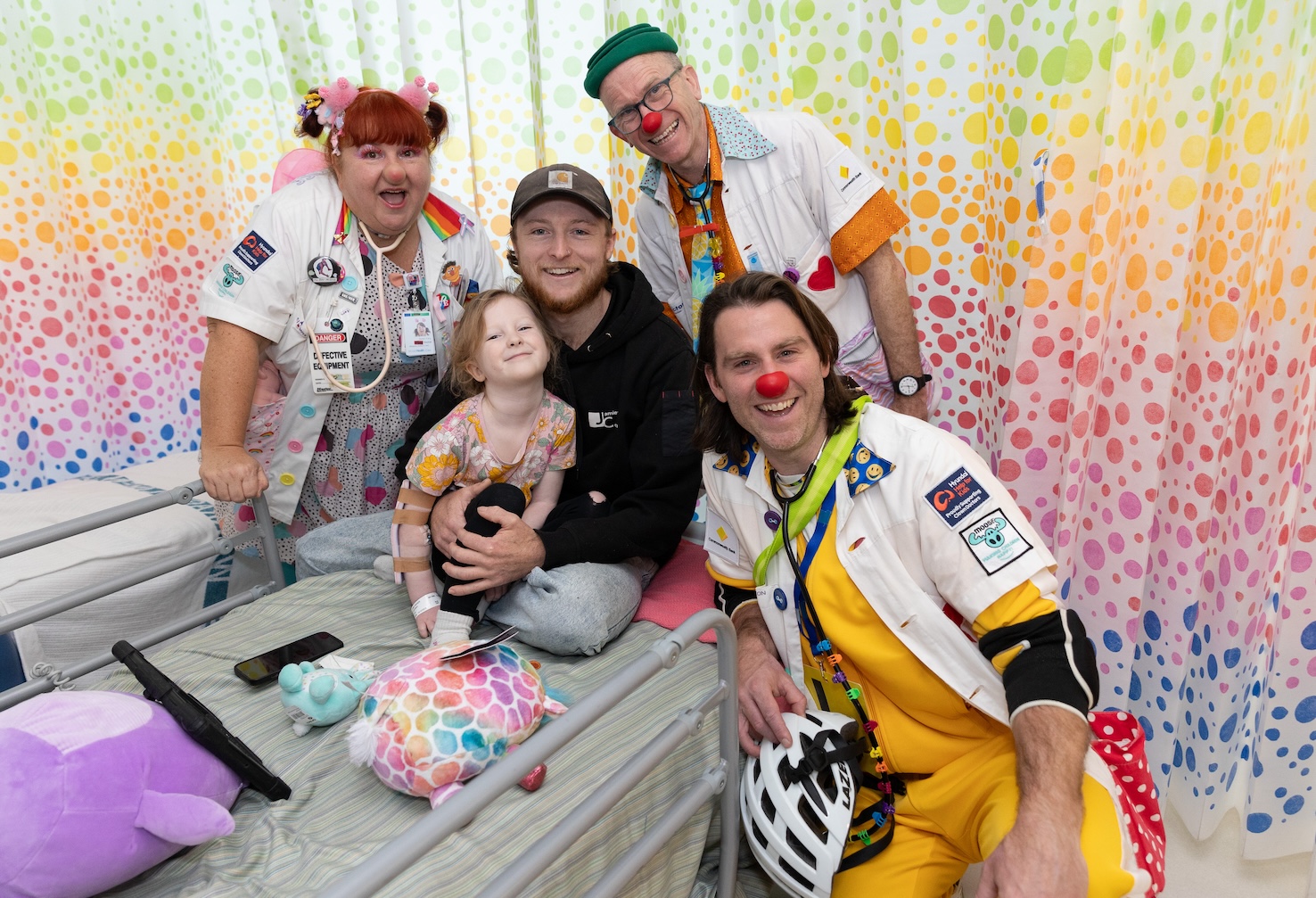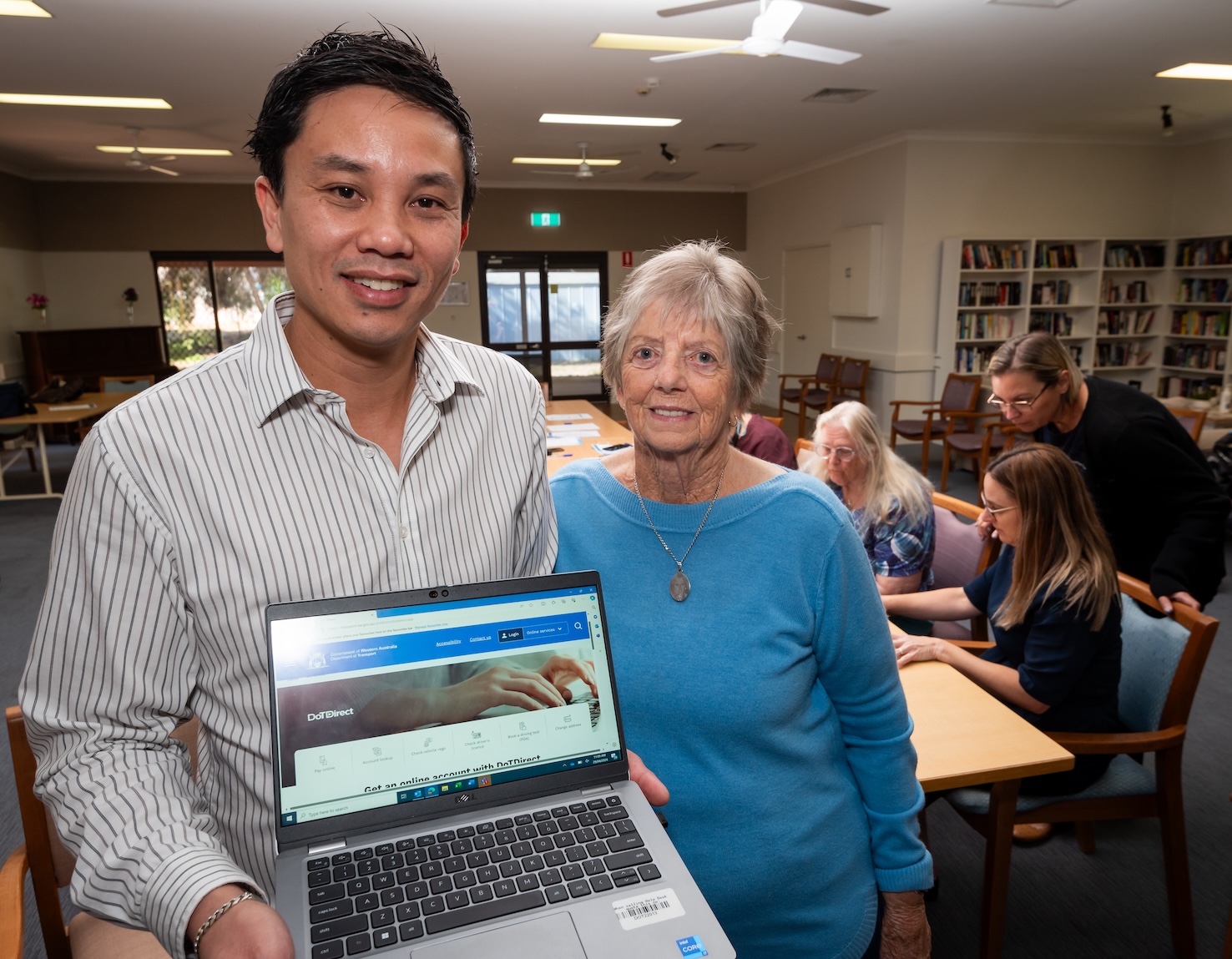The way we talk about diabetes can lead to a damaging sense of stigma and shame for people living with the condition, according to Diabetes WA, the state’s peak body for diabetes. This National Diabetes Week (July 9-15), Diabetes WA is calling for West Australians to “change the conversation” around diabetes.
More than half of people living with type 2 diabetes (52 per cent) say they have experienced diabetes- related stigma, where they feel that other people are blaming or shaming them for having diabetes. This stigma can have a damaging effect on the health and wellbeing of people with diabetes.
Media reports have a powerful impact on the conversation around diabetes. When media stories make it look possible — or even easy — to avoid developing diabetes, it creates the perception that people with diabetes are to blame for their condition.
Diabetes WA CEO Melanie Gates says National Diabetes Week is a good time to rethink the stories we tell about diabetes.
“At Diabetes WA, our conversations are built around listening to the lived experiences of our members and their families,” Ms. Gates says. “Our members tell us that they can feel blamed for having diabetes, because that’s how the public has been taught to talk and think about diabetes.
“Often the message in media reports is that diabetes can be prevented, which is simply not true for people with type 1 as it’s an autoimmune disease and is only true for some type 2 cases,” Ms. Gates says.
“This National Diabetes Week, Diabetes WA is starting a new conversation by saying that nobody is to blame for having diabetes. Nobody chooses diabetes.”
The consequences of how we talk about diabetes can be serious. People on the receiving end of diabetes-related stigma experience depression, anxiety, or other psychological distress as a result of perceived or expected negative social judgements. Some will attempt to hide their diabetes from others, avoiding important checks and medication, which can lead to long term health complications.
“The best advice we can give people without diabetes is to stop talking and be ready to listen,”
“Don’t assume you know what it’s like living with diabetes. Don’t assume you know better than someone with diabetes. Let’s try not to judge other people for what they might or might not be doing to manage their diabetes,” says Ms. Gates.





























